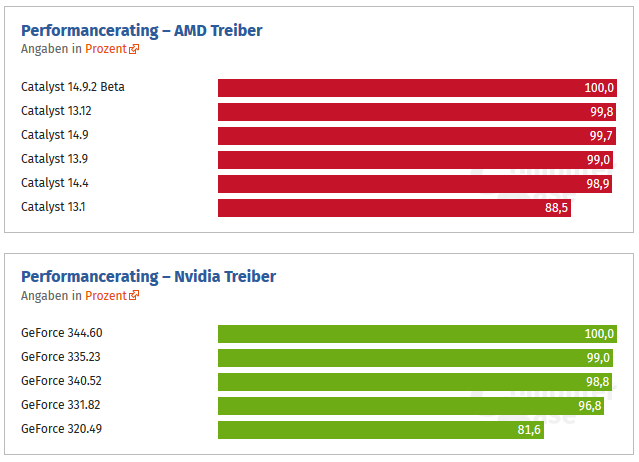Kepler as an architecture came out in 2012. The 780Ti is just a different version of the Titan, a GK110, which came out early in 2013. It's not unreasonable that Nvidia would have realized most of Kepler and GK110's potential by now.
Do they still make proper use of their potential, one year after releasing a card in that range.
Nope, gots maxwell to sell.
Then next year it's pascal.
More people need to start seeing graphics card purchases as hardware and driver support. Hardware alone doesn't get you what you'd expect it should after a little while, when they drop proper support. 1 year. And they're charging £500 for the cards. And hope people SLI.
That's a good business model. It's fucking awful for consumers who get the short end of the stick and pay for performance percentage increases they could have already had with their current hardware with decent support.

